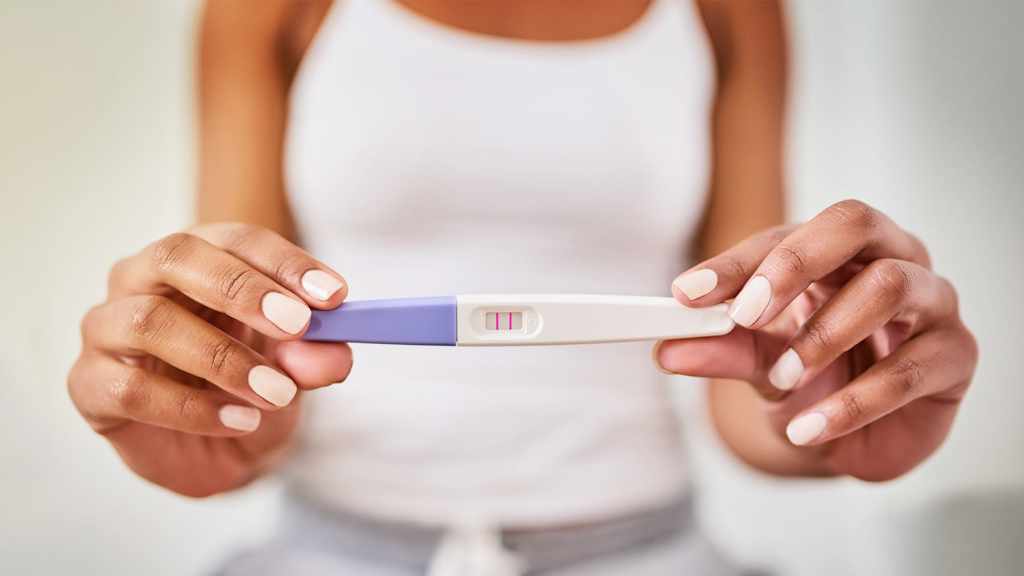Waiting for good news that will bring joy into your life? Are you trying to get pregnant in the next cycle? Then why don’t you try keeping a track of your fertile days, as it will increase your chances of becoming pregnant.
If still, you face issues getting pregnant the natural way then you can resort to options like pregnancy in IVF. But, before doing so, check out the ways that can help you track your fertile days.
A Lot Depends on Your Cycle:
Your chances of getting pregnant are better if you have intercourse on your fertile days. The period when you ovulate is going to be very crucial if you want to get pregnant.
- In the case of women who have a regular menstrual cycle, ovulation will be 2 weeks before they get their next period. The fertile period will be the 7 days just before ovulation is expected.
- Some women have an irregular menstrual cycle, in such cases, it is better to consult the specialists providing their services in renowned hospitals such as Baby Science IVF, one of the leading IVF hospitals in Bangalore to determine the details of the ovulation period.
It Is Not Just About Female Fertility
Before checking the details of how a woman can track the ovulation cycle there is one very important thing that you must keep in your mind. Conceiving does not depend only on female fertility. Sometimes, it may be better to get the male fertility test done at the earliest. At Baby Science IVF, the cost of a male fertility test and other fertility examinations is very reasonable, so you can go with it.
Now This Is How You Can Track Your Ovulation Cycle
There are different methods that can be used to track the ovulation cycle as this will increase the chances of getting pregnant.
- Your Calendar Can Help You
The easiest method is to rely on your calendar to keep a track of your ovulation period and this is how you can do it. This method is helpful if you have a regular cycle every month (between 26-32 days). The women whose menstrual cycle is approximately the same number of days can keep a tab of the same. Their ovulation period will be approximately 14 days before their next period starts. Those women who have irregular cycles (too short or too long) can try this but it is going to be very tough to keep a track by calendar method. Try this method for a few months and if you do not succeed then you can connect with Baby Science IVF or other hospitals that provide treatments like pregnancy in IVF.

- Have You Checked Your Basal Body Temperature?
Another popular way of checking the ovulation cycle is by keeping a note of the basal body temperature. Here is what you need to do in this basal body temperature method.
- In the morning before you rise from the bed take your body temperature
- Note down this temperature on a chart. Make sure that you follow this practice every day.
- Around the ovulation period, you will find a slight temperature rise. This sustained increase in temperature will give you a better idea about your ovulation period.
- To get a better idea about how you need to follow this process precisely you can consult with the healthcare professionals at Baby Science IVF, a known IVF hospital in Bangalore
- Online Ovulation Calculators
There are online ovulation calculators where you can determine which will be your fertile days and when you are expected to ovulate.
- In online ovulation calculator, you have to enter the start date of your last cycle and the length of your cycle
- The online calculator will give you a chart that shows your fertile days, possible ovulation period and will also show when your next cycle is expected.

- Regular Sonography to Know the Fertile Period
You can determine the ovulation cycle by connecting with the best IVF hospital in your location that provides the best healthcare solutions. This is one of the best ways to know when you are going to ovulate. Sonography can be started from the 4th day of the cycle and is done every day till the ovulation takes place.
- Try Ovulation Predictor Kits
You also have the option of ovulation predictor kits. Here is how this test works:
- The ovulation predictor kits are urine tests and they follow a colour pattern
- This kit checks the rise in the luteinizing hormone
- When the discharge of luteinizing hormone increases to some extent, then the ovulation may take place in 12 to 36 hours.
None of The Tracking Methods Seems to Give Expected Results?
Even after following the tracking methods and having sex on fertile days is not helping then here is what you can do:
- Try to have sex every day for the next few cycles.
- Get the male fertility test done. You can go with Baby Science IVF for the examination of male fertility issues as here, the cost of a male fertility test is very reasonable.
- You can try pregnancy in IVF method
Conclusion:
To improve your chances of getting pregnant you must use different ovulation tracking methods. This will give you an idea about your ovulation period which may help you in conceiving in the next cycle.To improve your chances of getting pregnant you must use different ovulation tracking methods. This will give you an idea about your ovulation period which may help you in conceiving in the next cycle.
To improve your chances of getting pregnant you must use different ovulation tracking methods. This will give you an idea about your ovulation period which may help you in conceiving in the next cycle.To improve your chances of getting pregnant you must use different ovulation tracking methods. This will give you an idea about your ovulation period which may help you in conceiving in the next cycle.

